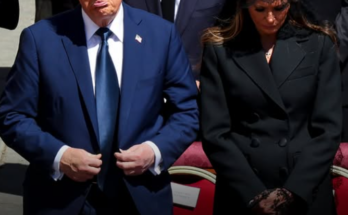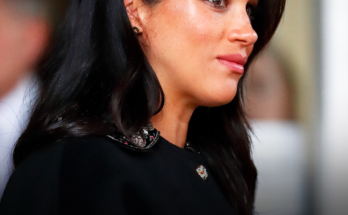The Kremlin has responded positively to Ukrainian President Volodymyr Zelenskyy’s letter, in which he expressed Ukraine’s readiness to negotiate an end to the ongoing conflict. This letter was publicly read by U.S. President Donald Trump during a recent address to Congress.
Kremlin spokesman Dmitry Peskov acknowledged the constructive nature of Zelenskyy’s message but pointed out a significant legal obstacle: a 2022 Ukrainian decree that prohibits negotiations with Russian President Vladimir Putin. Peskov stated, “The question is who to sit down with. The Ukrainian president is still legally prohibited from negotiating with the Russian side.”
This development comes amid a backdrop of shifting U.S. foreign policy. The Trump administration has recently paused military aid to Ukraine and limited intelligence sharing, aiming to pressure Kyiv into peace talks. This strategy has faced criticism from various quarters, including former military officials who argue that it undermines Ukraine’s defense capabilities.
International reactions have been mixed. French President Emmanuel Macron is reportedly considering a diplomatic visit to the U.S., accompanied by UK Prime Minister Keir Starmer and President Zelenskyy, to discuss security assurances for Ukraine. Meanwhile, European nations like Germany, France, and the Czech Republic are contemplating increased defense spending in response to the evolving geopolitical landscape.
Domestically, President Trump’s approach has sparked debate. His recent address to Congress included a public reading of Zelenskyy’s letter and a call for European allies to bolster their support for Ukraine. He also criticized Democratic leaders, such as Senator Elizabeth Warren, for their stance on continued military aid to Ukraine, highlighting divisions within U.S. political circles regarding the appropriate course of action.
In summary, while Russia has welcomed Ukraine’s expressed willingness to engage in negotiations, legal and diplomatic challenges remain. The international community continues to monitor these developments closely, recognizing the potential implications for regional stability and global diplomatic relations.


